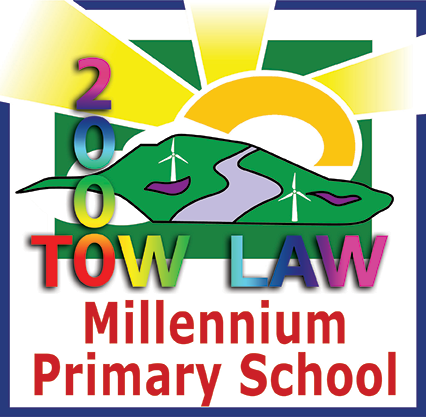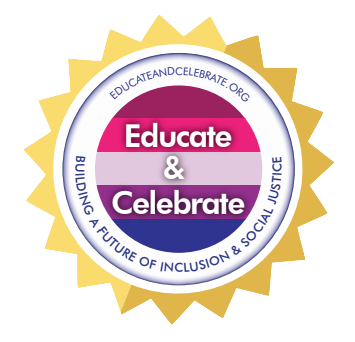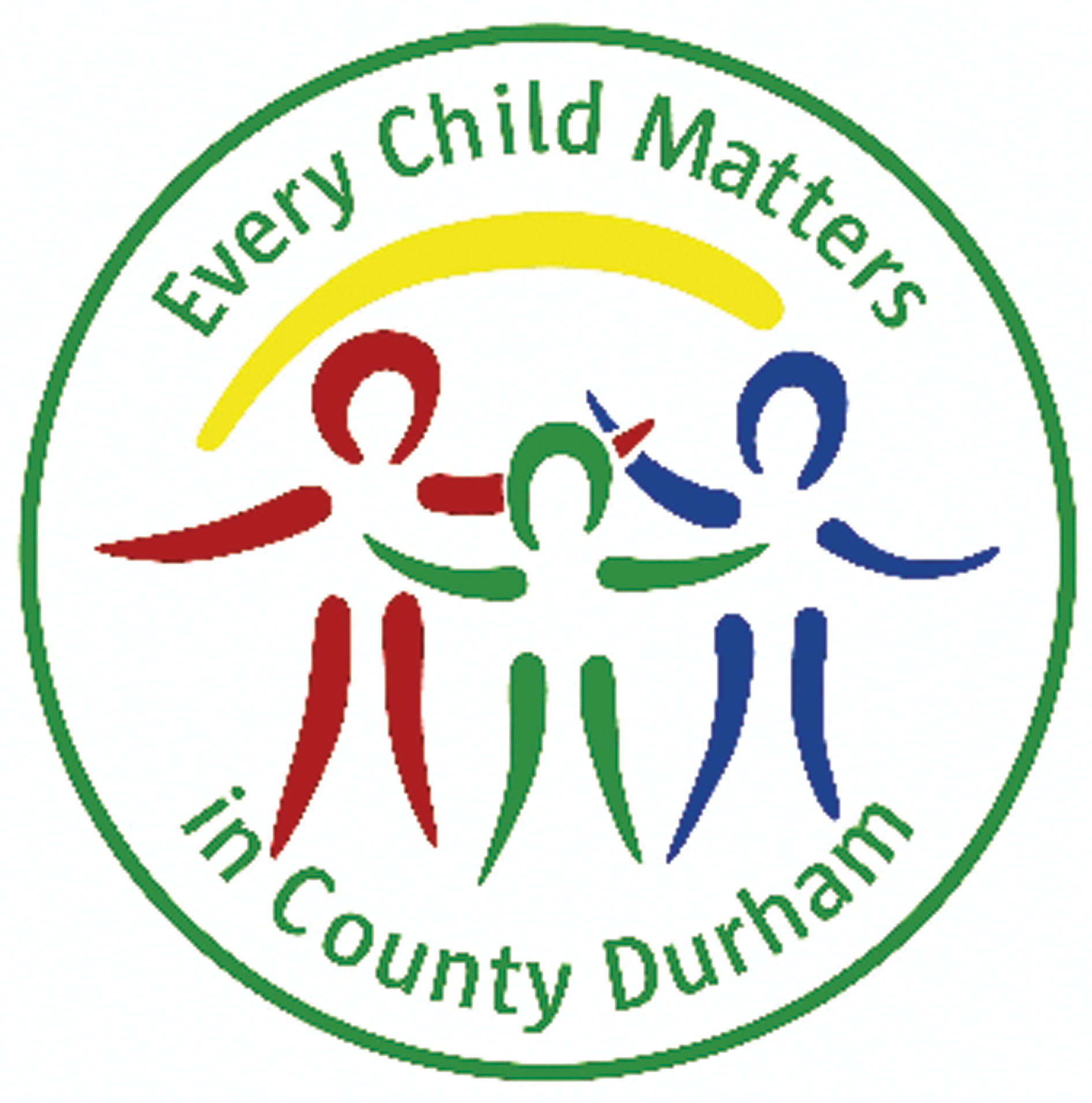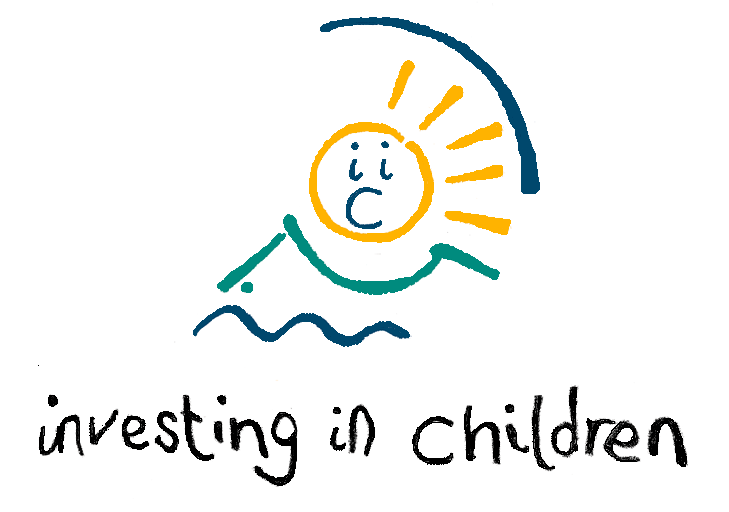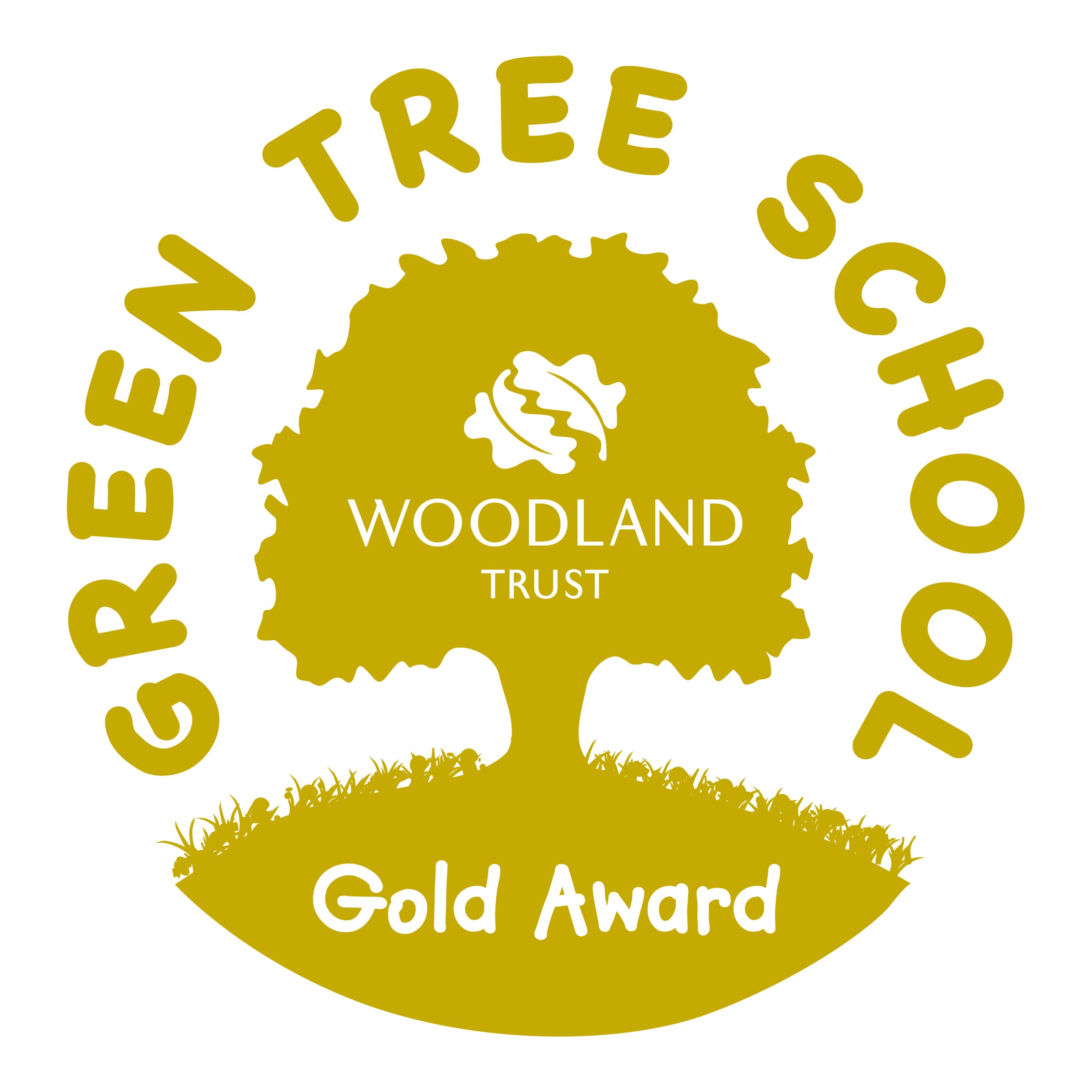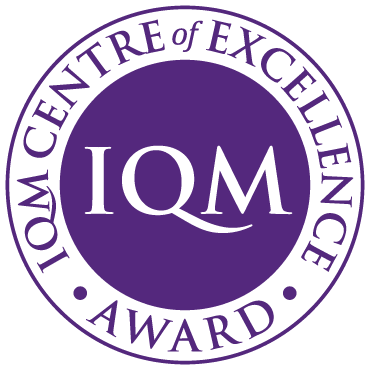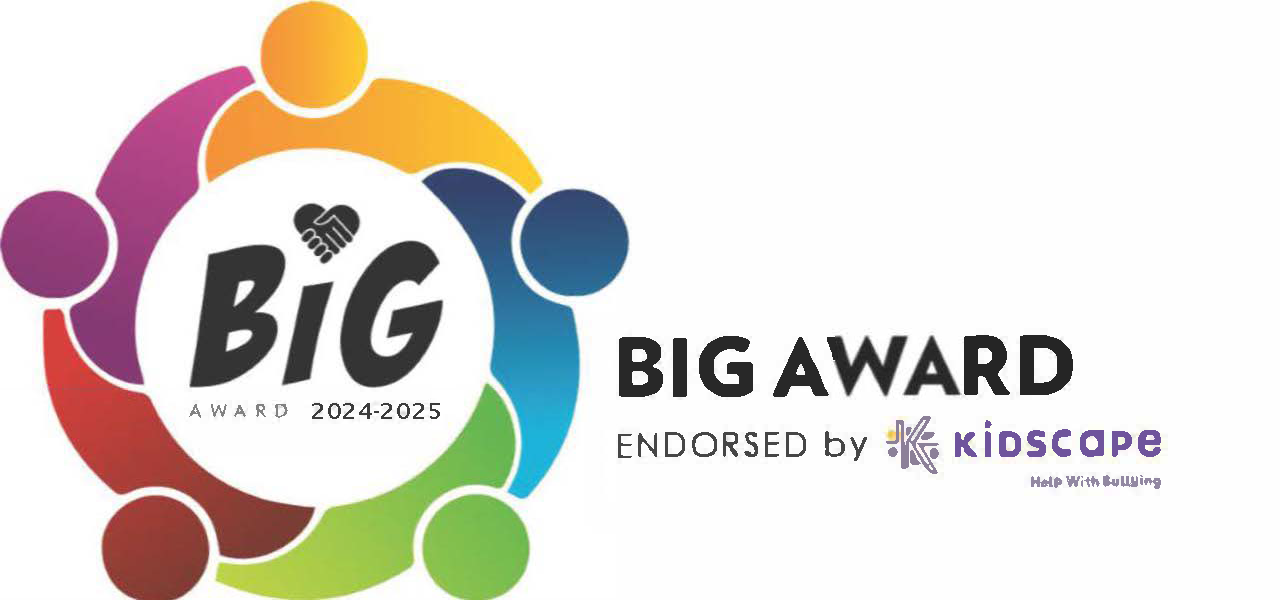Our English subject lead is Miss Mawson.
EYFS Writing Long term plan Cycle 1
EYFS Writing Long term plan Cycle 2
Intent
We all know that English is a vital way of communicating. Through speaking and listening, reading and writing children learn to express themselves creatively and imaginatively and communicate with others effectively.
The study of English helps children understand how language works by looking at its patterns, structures and origins. Using this knowledge, pupils can choose and adapt what they say and write in different situations. We aim that all children achieve at least good progress from their starting points.
We believe that the study of English should enable pupils:
- To appreciate how speaking and listening, reading and writing are integrated.
- To develop their ability to communicate orally for a range of purposes and audiences.
- To become confident, thoughtful and enthusiastic readers who read for pleasure.
- To use a wide variety of writing styles and genres, so communicating effectively in written forms.
- To practise their handwriting and other presentational skills.
Implementation
In Early Years we aim to create a community of writers through developing a literacy rich environment where a wide variety of purposeful contexts for writing are provided. We utilise the pupils’ interests and model writing, scribing stories for pupils so that they can begin to think about what they’d like to communicate through writing even before they are able to write the words themselves. At this early stage we are already developing an understanding of purpose (do they want to make someone laugh or explain something?) and audience (is this story or letter for a favourite character or family member?)
We teach the fine motor control necessary, in their arm, wrist, hand and fingers to hold a pencil effectively, controlling its movement to eventually form the letters they have learnt through their phonics work. As the pupils begin to use letter-sound relationships for writing, they begin to segment words to spell as well as writing an increasing number of high frequency words which are essential for fluent writing. Daily writing sessions enable pupils to expand their vocabulary whilst also understanding the various structures of different texts. This helps to challenge them to use new vocabulary whilst also organising their ideas using their knowledge of different texts. The school spelling programs complement the phonics learning from Year 1 through to the end of KS2. The spelling of high frequency and tricky words are taught continuously throughout the phases.
Children who have SEND are supported within their literacy work in a variety of ways, such as with word maps or pencil grips or the use of IT or a scribe. We support all children with their literacy work depending upon what are the best tools to use for the child.
Key Stage 1 and 2
In KS1 and KS2 writing tends to be taught through a whole book approach. The teachers select the best teaching approaches (role-play, drama, shared writing, independent writing and self and peer assessments) to explore high quality texts in depth, enhancing reading skills and providing meaningful contexts and purposes for writing. Teachers use the 2 year Literacy Long Term plan to ensure a range of writing is taught and that the skills build on previous learning. Within this work, we teach grammar and punctuation as both discrete lessons and also within the text teaching. We teach writing in a progressive manner from EYFS to Year 6 with our key aim in writing being to use a wide variety of writing styles and genres, so pupils can communicate effectively in written forms.
Teachers use the school’s long-term plan, which is based on objectives from the National Curriculum, to support staff with writing development. Texts are either in the plan or chosen from our text lists; however staff discuss with the co-ordinator if they find a book which they feel is suitable for their class and together they ensure that it is challenging and appropriate before it is added to the list. Class teachers create their own medium-term plans and weekly plans using the long-term plan and access support from the Literacy co-ordinator if required.
Impact
Our aim is that children leave us in year 6 as confident writers who are able to express themselves creatively, imaginatively and informatively whilst being able to communicate with others effectively.
Please follow this link to view our curriculum policies.
[Slideshow "literacy-curriculum-page" not found]